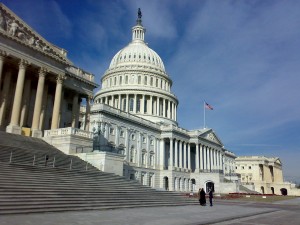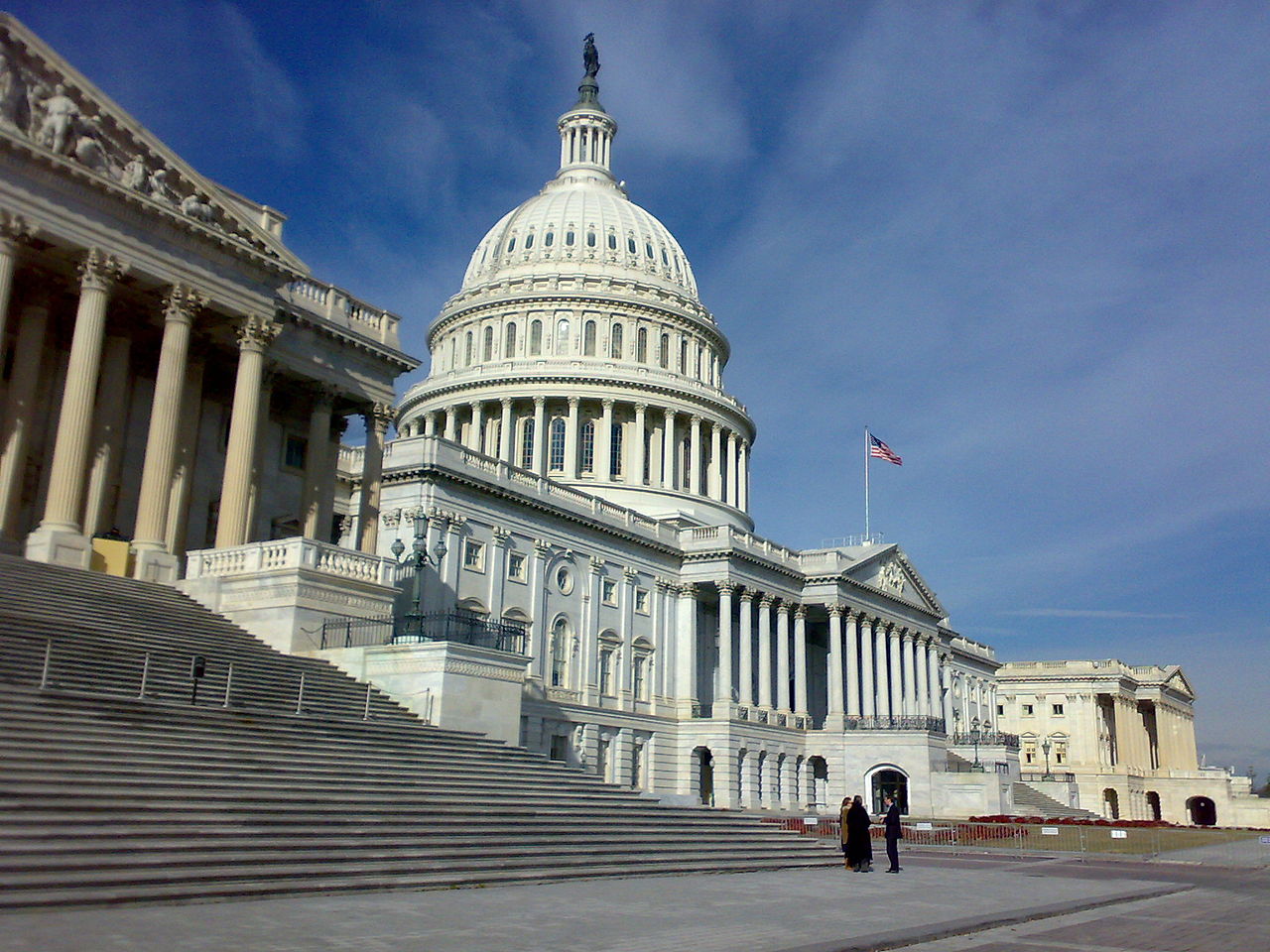Editor’s Note: The following guest column comes to us from Graham Sheridan, master of public affairs candidate at Brown University’s Taubman Center for Public Policy.

As Congress comes to the teetering edge of the fiscal cliff, it would do us well to remember what got us there. No, not just a weird bargain in the Budget Control Act of 2011. Rather, a central idea of the Republican Party since the 1980s brought us here. There has long been a conservative refrain – starve the beast, that beast being the Federal Government. This idea, coined and popularized by Irving Kristol, starting with a 1980 New Republic essay, had a simple basis. If we cut revenue away from the government, the government will be forced to shrink.
The idea makes a lot of sense intellectually – if we take a dollar of income away from the government, the government will have to cut a dollar of spending somewhere. This sounds great if you believe that, without question, the government should be smaller. Grover Norquist and his ilk became the enforcers for this philosophy, threatening to rough up Republicans who vote for an increase in revenue to the government, taxes, for whatever reason.
In the last 30 years, however, we have seen how poorly this works in practice. George W. Bush demonstrated it perfectly. He cut taxes, sure, as a starve-the-beaster would want to. But he did not do the parallel cutting. Bush ran on an agenda. He got elected president for a reason there was stuff he wanted to do. So, although he cut the government’s revenue, he continued spending. To cover his deficit, he did what any credit-worthy institution does when outlays exceed expenses – he borrowed. By the end of his eight years he had expanded the size of the Federal Government, and he had borrowed more than his tax cuts were worth.
Is credit the downfall of starve the beast? Kristol really did believe that the US Government would simply allow itself to shrink, wither away one program at a time like a tomato vine when winter comes. However, he clearly misjudged the power of politican’s agendas and campaign promises. He underestimated how much presidents – even conservatives – want to reshape policy in their image. Every president has things he wants to spend money on. Eisenhower built the highways, Reagan spent immense sums on the military arms race, Bush had No Child Left Behind, two wars, a Medicare expansion, and many other programs. All of these men were self-described conservatives. Reagan at least raised taxes to cover some of his costs, rather than passing the debt along to his successor, as Bush did to Obama.
As we drive ever closer to the fiscal cliff, conservatives who believe in starve the beast must be worried. Every time they actually try to cut a program the program’s beneficiaries hammer them. Representatives who believe in small government want no new programs, simply managing the ones that exist. Kristol did not even believe in that; he wanted to gradually do less and less.
Constituents do not want this. Constituents donate to campaigns, volunteers give hours, and citizens vote because they expect action from their government. Here, starve the beast slams head on into the reality of electoral politics – the elected officials feel a duty to act. Now, once we solve the fiscal cliff, perhaps we can retire that phrase, and that philosophy, and get on with the business of governing
